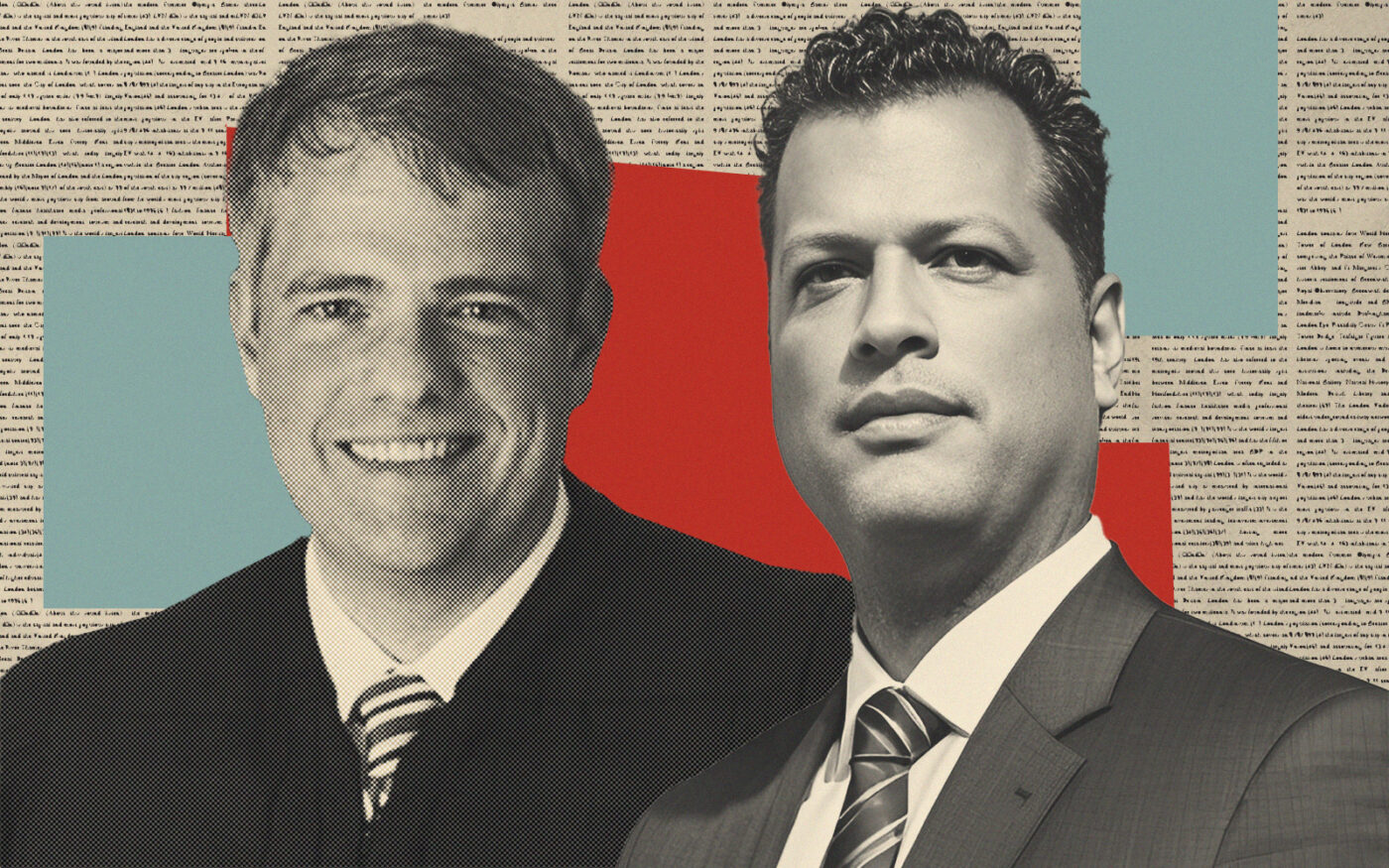Real estate trade groups have shifted their focus from the courtroom to getting voters to the polls on March 19 to oppose Mayor Brandon Johnson’s transfer tax referendum, following their recently thwarted legal challenge to invalidate the ballot question.
A court ruling delivered a blow to the industry this week after it celebrated a Cook County judge’s previous cancellation of the ballot measure. But the trade groups had prepared for the potential reversal, said Corey Oliver, board member of Neighborhood Building Owners Alliance, a plaintiff in the suit against the referendum.
“I don’t know, with 12 days left before the election, if there’s going to actually be enough time to keep it off the ballot,” Oliver said. “So, I think the fight has to become, ‘let’s actually have real dialogue and education about this proposed referendum.’”
An Illinois Appellate Court panel overturned a lower court ruling suppressing the referendum on Wednesday, keeping the ballot question in play. It asks voters to increase the one-time transfer tax on property sales of $1 million or more while decreasing the tax on properties sold for less than $1 million.
“We are disappointed in the outcome but given the misleading and manipulative wording of the referendum, it was important to challenge,” said Amy Masters of the Building Owners and Managers Association, which led the lawsuit. “Right now, we are focused on educating voters why this transfer tax increase will hurt Chicago’s downtown and our entire city, and to vote no in the March 19 election.”
In an opinion by Justice Raymond Mitchell, the court said the lawsuit brought by Masters’ group and others was filed “prematurely” because the legislation has not yet been enacted. Cook County court, where the lawsuit was first heard, doesn’t have jurisdiction on the case until after the legislative process has wrapped up — in this case, that means the vote and, if passed at the ballot box, the city council’s approval of the measure.
BOMA and its industry allies could still choose to appeal the Appellate Court’s decision to the Illinois Supreme Court or, given Mitchell’s opinion, they could wait to refile a similar lawsuit if the referendum is passed on March 19.
“We are reviewing the order and considering our options,” Masters said in the statement.
When Oliver and other building owners saw the latest version of the referendum — which proposes a tiered transfer tax structure to fund services for homeless people — they understood how the transfer tax decrease for the majority of home sales could make it popular among voters, he said.
Wednesday’s ruling created “new urgency” for trade groups like the Neighborhood Building Owners Alliance who want voters to say “no,” he said.
Oliver is the CEO of Strength in Management, a property management company that works with unsubsidized affordable housing developments on the South and West Sides. He said he feels strongly that the tax changes would harm the Black and brown, low-income communities that advocates say it would benefit.
He believes that increasing the one-time transfer tax would prompt landlords to raise rents to offset the tax burden, spelling trouble for many of his renters who are already living paycheck to paycheck.
“An effort to try to help provide housing for the homeless is going to then, in turn, create homelessness and housing instability for those who are already just barely stable,” Oliver said. “When you have these families who are already barely stable, they’re not going to be able to absorb those types of increases.”
Advocates of the transfer tax referendum, known as Bring Chicago Home, have said that, with an estimated 68,000 homeless people in Chicago, the city needs new revenue to be able to provide better services and permanent housing for unhoused and housing unstable residents.
A November study conducted by the University of Chicago estimated that the transfer tax increase’s impact on rent would be nominal, stating that “a unit that currently rents for $1,000 per month would be likely to see an average rent increase of less than $1.”
“We look forward to keeping up our efforts to reach hundreds of thousands of voters about their opportunity to vote yes for a fair and sustainable plan to fund housing, care for the homeless, and ask wealthy real estate corporations to pay their fair share,” Maxica Williams, a leader of the campaign supporting the referendum, said this week.
Oliver acknowledged that the tax funds have the potential to do good. But he added that he thinks it’s important for voters to consider whether the good will outweigh the potential risk of the ballot measure.
He said the city has not done enough to give specifics on how the money generated by the new tax will be used to ensure it’s not squandered, and how potential fallout from the tax increase — like rent increases or blows to the city’s commercial real estate sector — will be mitigated.
There’s concern among commercial real estate owners that institutional investors will be scared away from Chicago deals because of the transfer tax hike, which would quadruple the city’s bite out of sales of more than $1.5 million to 3 percent of the sale price, up from the 0.75 percent rate it charges now.
Interest from large investment firms in Chicago is needed to help rejuvenate the downtown real estate market, which has been decimated by the slow return to offices and falling tenant demand coming out of the pandemic, cratering building values, opponents of the transfer tax hike have argued.
“Nothing has changed: the mayor’s property title tax increase is still a bad idea,” Michael Glasser, president of the neighborhood building group, said. “It will make it harder to create and provide affordable housing for the hard-working families who need it.”
